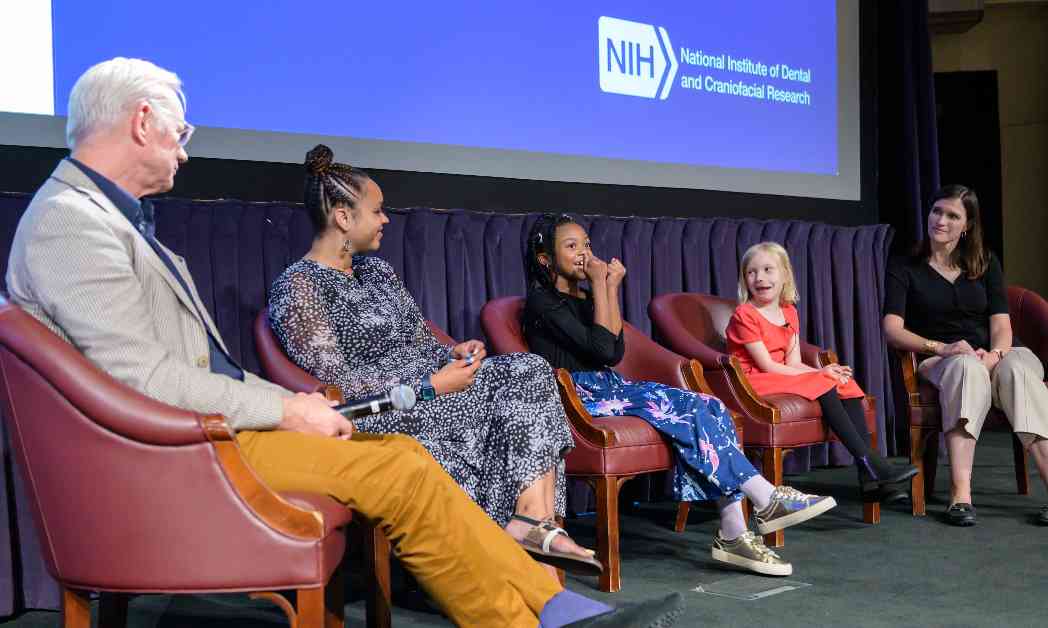Fibrous dysplasia/McCune-Albright Syndrome is a rare genetic disease that affects bones, skin, and the endocrine system. Patients with this condition may experience fractures, early puberty, vision and hearing loss, and other complications. While there is no cure for this disease, researchers at the National Institutes of Health (NIH) have made significant progress in understanding and treating FD/MAS.
FD/MAS is caused by a genetic mutation that occurs during fetal development. Symptoms can range from mild to severe and may include chronic pain, bone deformities, and hormonal imbalances. Treatment options include surgery, hormone therapy, and medical devices. Researchers like Dr. Allen Spiegel and Dr. Pamela Robey have played a crucial role in uncovering the underlying mechanisms of FD/MAS.
A natural history study initiated in 1998 has provided valuable insights into how FD/MAS progresses over a person’s lifetime. By examining patients of all ages and tracking their symptoms, researchers have been able to develop personalized treatment plans. Clinical guidelines based on this study help healthcare providers make informed decisions about patient care.
One of the key findings from the study is the overproduction of a protein called RANKL in FD cells, leading to increased bone turnover. Blocking RANKL has shown promise in reducing bone lesions and fractures in animal studies. Ongoing research is investigating the use of denosumab, a RANKL blocker, in preventing bone lesions in children with FD/MAS.
While there are medications available to manage hormonal symptoms, more research is needed to address the growth of bone lesions. Clinical trials are underway to evaluate the efficacy of denosumab and burosumab in preventing and treating bone abnormalities in patients with FD/MAS. These studies aim to improve the quality of life for individuals living with this rare disease.
In conclusion, the NIH’s research on FD/MAS has shed light on the underlying causes of this condition and has led to more effective treatment options. By collaborating with patients, advocacy groups, and healthcare providers, researchers continue to make strides towards improving the lives of those affected by FD/MAS.


















